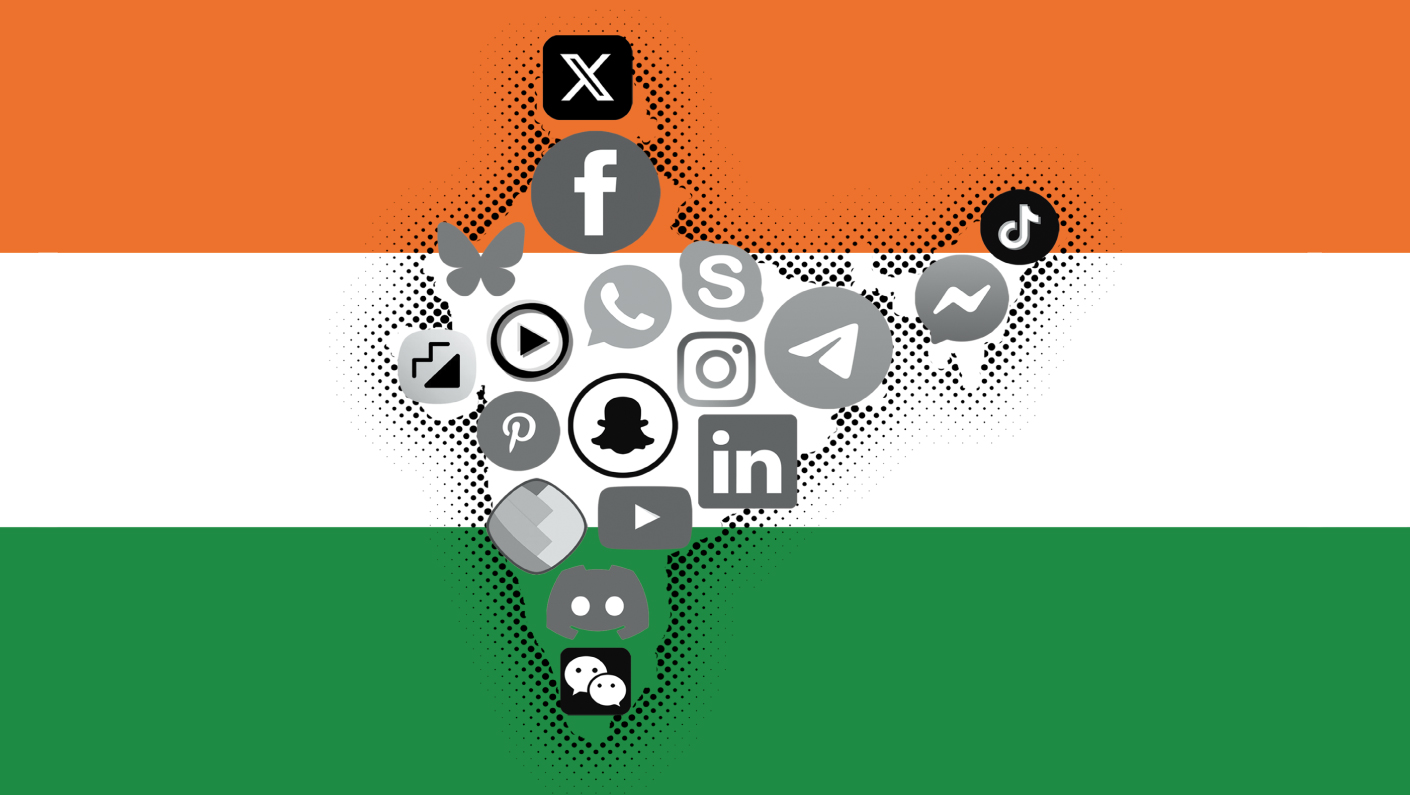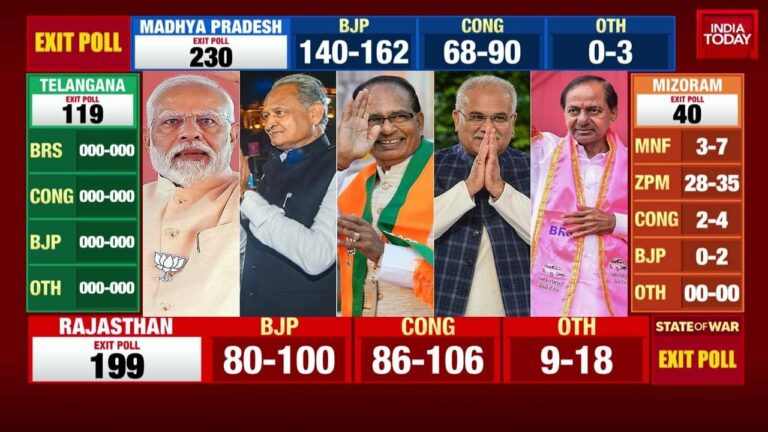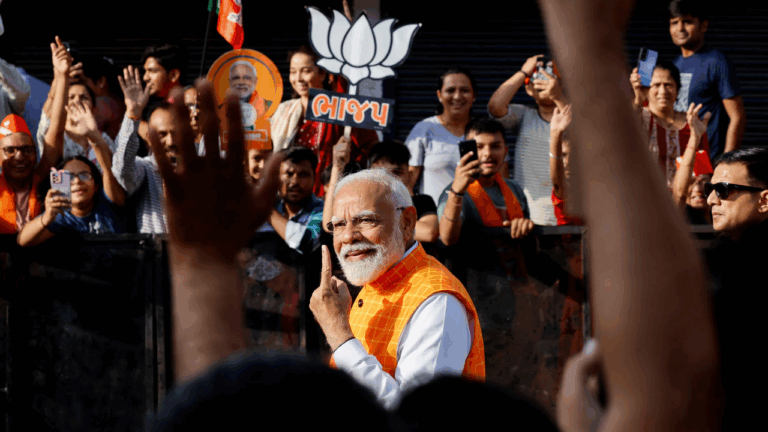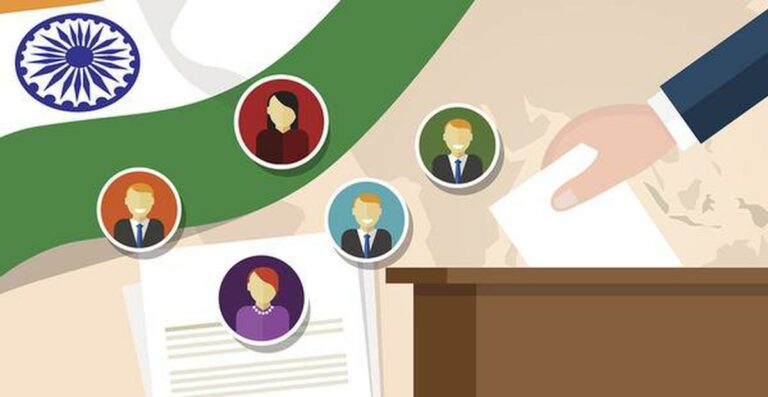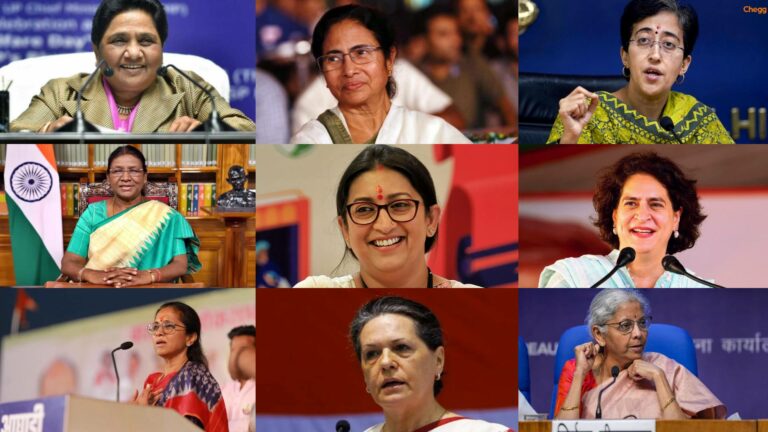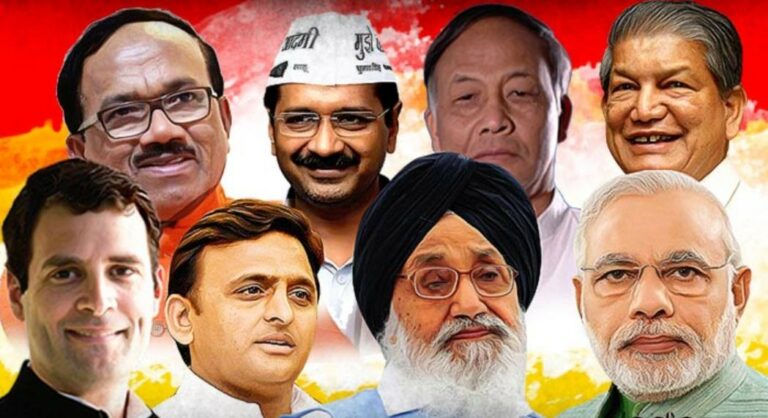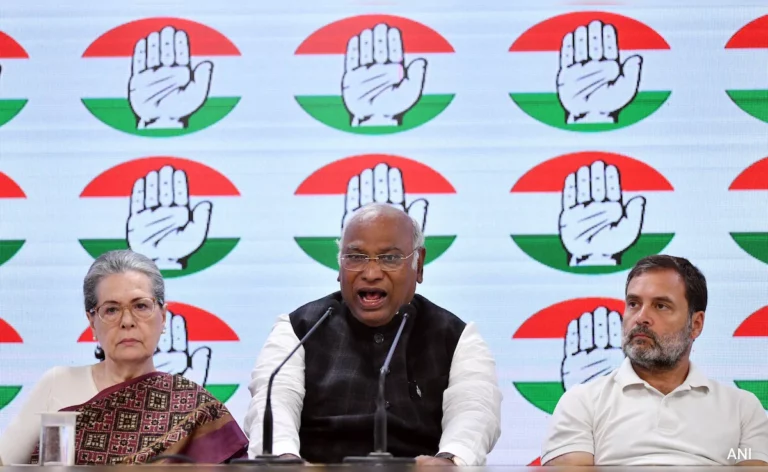Role of Social Media in Indian Elections: Political News, Influence & Key Facts You Should Know
Why Social Media is Changing the Way Indian Elections Work
In today’s world, social media is not just a place for entertainment or chatting with friends. It has become a powerful tool in Indian politics, especially during elections. In the 2024 Lok Sabha elections, platforms like Facebook, Instagram, Twitter (X), and WhatsApp played a big role in how people got information, shared opinions, and even decided who to vote for.
At AP News, we explain how social media is shaping Politics News in India and what it means for voters like you.
Social Media Usage in India: The Numbers Speak
- India has over 800 million internet users.
- More than 400 million people use social media regularly.
- Most users are between 18 to 35 years old — a major voting group.
This is why political parties are spending big money on online campaigns and hiring teams just to handle social media.
How Political Parties Use Social Media
In recent elections, every major party had a strong digital presence:
BJP
- Used a large IT team to create and share campaign content.
- Ran multiple hashtags and trends to push party views.
- Shared speeches, rally clips, and live videos to connect with youth.
Congress
- Focused on training party workers to use AI tools and apps.
- Held digital rallies and “Twitter Spaces” to reach remote voters.
- Targeted young voters through Instagram reels and WhatsApp forwards.
Influencers in Politics News
Just like in fashion and food, influencers are now part of politics too.
Political parties hired:
- YouTubers
- Instagram creators
- Local WhatsApp group admins
They helped spread political messages in a casual, friendly style. Many voters say they saw more political content from influencers than on news channels!
The Big Problem: Fake News and Misinformation
With the good also comes the bad. Many fake videos and false news were shared on social media before and during elections. This includes:
- Deepfake videos showing leaders saying things they never said.
- Edited photos or fake poll results.
- Fake WhatsApp forwards about voting days or candidate details.
Even though the Election Commission of India (ECI) asked platforms to remove such content, it was tough to stop everything on time.
Government Rules for Social Media Campaigns
To handle these problems, ECI and platforms like Meta (Facebook & Instagram), Google, and Twitter signed a Voluntary Code of Ethics. This includes:
- Removing fake content quickly.
- Showing “Paid For” tags on political ads.
- Keeping records of ad spending.
These steps are important to keep elections fair and clean — and you’ll hear more about it in coming Politics News stories.
What It Means for Indian Voters
- Be careful of what you share online.
- Always double-check news before forwarding.
- Follow verified accounts of political leaders and official election handles.
Social media is a powerful tool — but it should be used responsibly, especially during elections. Political campaigns may change, but the vote you cast should come from facts, not fake news.
Final Words from AP News
The role of social media in Indian elections is growing every year. Whether it’s connecting voters or spreading awareness, it has changed the political game forever.
At AP News, we bring you the latest Politics News in a simple and clear way — no drama, no bias, just facts that matter to you.
✅ Bookmark AP News
✅ Get regular updates on Indian politics
✅ Stay informed. Vote smart.

